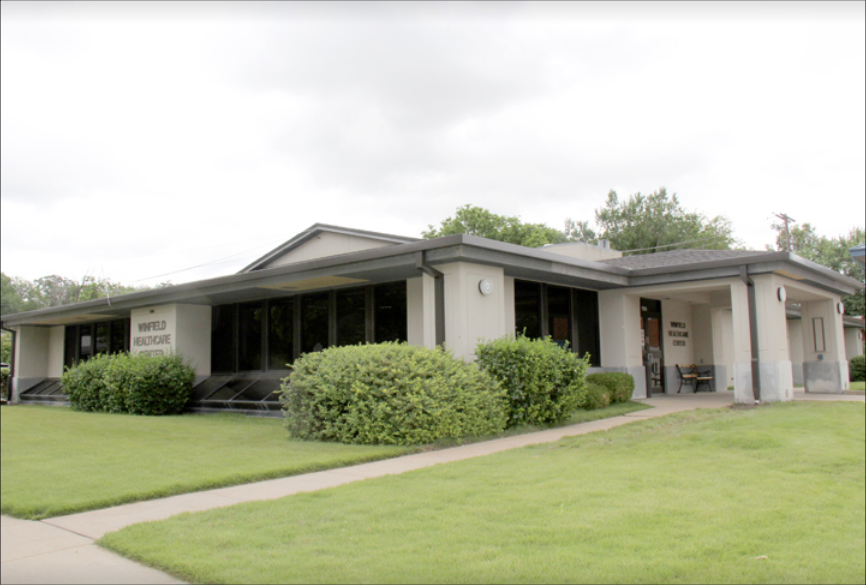William Newton Hospital Audiology
Nearly 28 million adults in the U.S. have some type of hearing loss. Hearing difficulties are often unrecognized by the person involved. Children and teenagers seldom complain about the symptoms of hearing loss, and adults may lose their hearing so gradually that they do not realize it is happening. The first step in the treatment of a hearing problem is a hearing evaluation by an audiologist. An audiologist is a professional who specializes in evaluating and treating people with hearing loss. Audiologists have extensive training and the skills required to evaluate the hearing of adults, infants, and children of all ages.
The Audiology Department of William Newton Hospital (WNH) was established in 1992, and is currently staffed by one full-time audiologist - Mark Shaver, PhD, CCC-A.
Office Hours
Monday – Thursday: 8:00 a.m. – 5:00 p.m.
Friday: 8:00 a.m. – 12:00 p.m.
Contact Us
If you have questions about your hearing, or to schedule an appointment, please contact us:
William Newton Hospital Audiology
Winfield Healthcare Center
1305 E 5th Ave
Winfield, KS 67156
Phone: 620-222-6256
Email


Our Audiologist: Mark Shaver, PhD, CCC-A
Dr. Shaver received his BA in Communicative Disorders & Sciences in 2004 and his PhD in Communication Sciences and Disorders (Audiology) in 2010, both from Wichita State University. He is licensed as both an audiologist and hearing aid dispenser. He has worked in university, ENT clinic, and VA hospital settings. His clinical interests include hearing aid technology, tinnitus assessment and management, and hearing conservation. He is passionate about integrating, the latest evidence-based methods into his clinical audiology practice.
Healthy Hearing
Sound Advice from our Audiologist
When hearing loss goes untreated, the hearing-impaired individual, as well as the whole family, suffers needlessly. The difficulties arising from hearing loss can be minimized by being aware of some common-sense guidelines. Here is some sound advice about your hearing.
- Hearing loss is not only a condition of the elderly. Hearing loss can occur at any age, and is not a sign of senility or frailty. Nearly 8 million people between the ages of 18 and 44 have some degree of hearing impairment. People of all ages should be alert for signs of hearing loss.
- Be alert for signs of depression. Recent studies by the National Council on Aging have uncovered a strong connection between untreated hearing loss and depression in the elderly. Older persons with hearing loss who do not obtain treatment for their hearing loss are more likely to report feelings of sadness and depression, worry and anxiety, paranoia, withdrawal from social activities, and more emotional turmoil and insecurity. In contrast, elderly persons whose hearing loss has been treated with hearing aids report better relationships with their families, better feelings about themselves, improved mental health, and greater independence and security.
- Communication helps. If someone in the family appears to have a hearing loss, frank discussion can lead to early detection and treatment. Families are often the first to notice a hearing problem.
- Hearing assessment should be part of your routine medical checkup. Your doctor may be able to give you a simple hearing test or recommend a location for a more comprehensive exam. This is especially important if there is a history of hearing loss in your family.
- Learn your treatment options, and understand their limitations. Hearing aids are not always the only treatment for hearing loss. However, if hearing aids are the best option for you, it is important to remember that they do not cure hearing problems, they simply help you to hear better. Successful hearing aid use requires patience, practice, and effort on the part of the person using them.
- Protect your hearing. Hearing loss from noise exposure is 100% preventable. When you are in a noisy place, always protect your hearing by using ear plugs or other appropriate hearing protectors.
- Know where to go. If you think you or a family member may have a hearing loss, you should check with your doctor to be sure there is no underlying medical reason for the loss. An audiologist can then administer appropriate tests and fit you with a hearing aid if needed.
- Living with hearing aids may be much easier than living with hearing loss. If you suspect you have a hearing loss, see an audiologist for a complete hearing evaluation and some sound advice about your hearing.
Audiology Services
William Newton Audiology provides a full range of audiological services for individuals of all ages. Please contact our office to learn more about what we offer, including hearing aid services, hearing screenings, and more.
Important:
Most insurances cover hearing testing but few cover hearing aids. You are encouraged to check with your insurance provider prior to your appointment to confirm coverage. A physician’s referral is required prior to testing.

